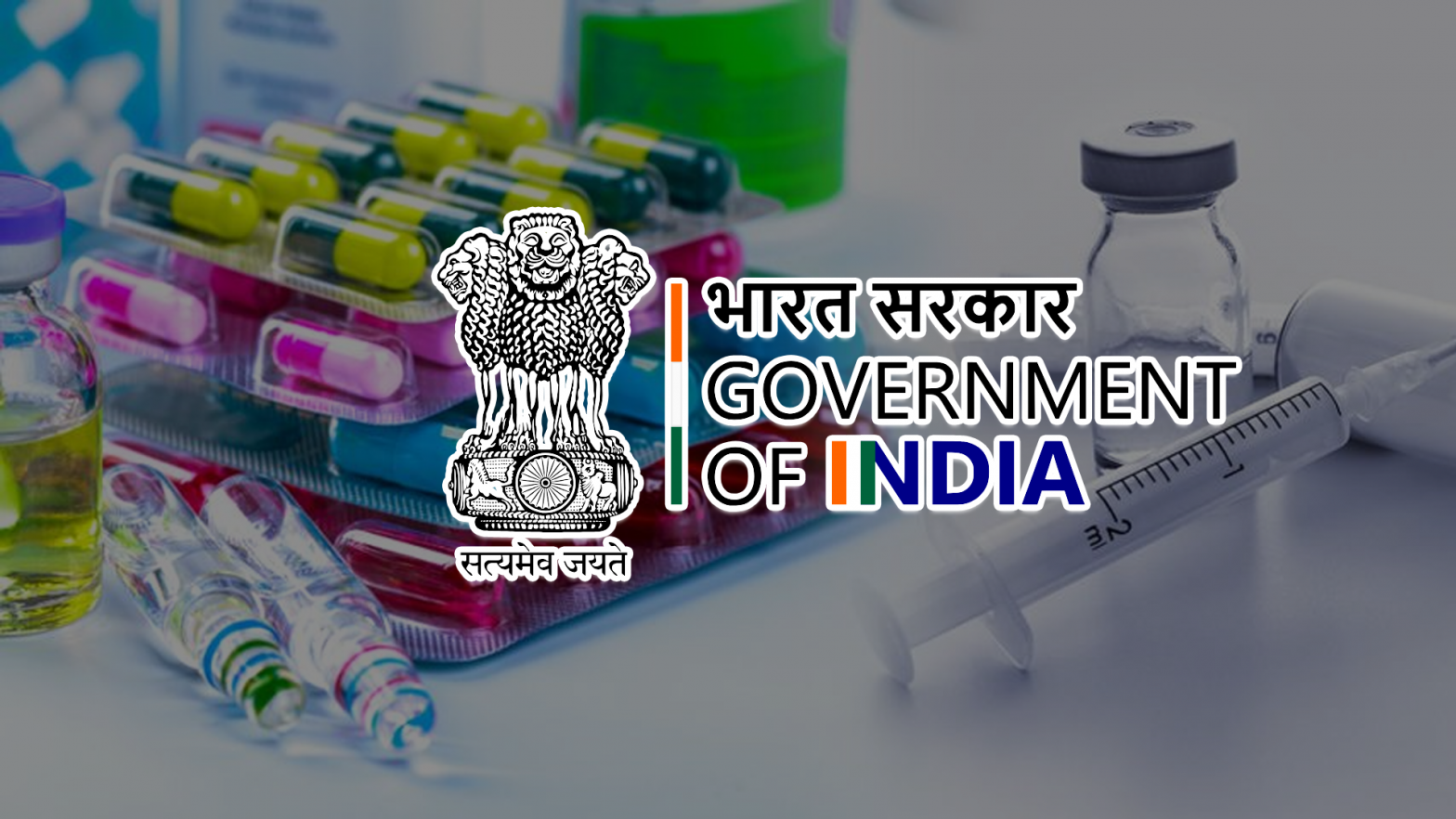

The Indian pharmaceutical industry, a cornerstone of the nation’s healthcare infrastructure, has recently experienced a notable regulatory transformation with the implementation of the Uniform Code for Pharmaceutical Marketing Practices (UCPMP) by the Central Government. This move marks a significant stride towards regulating interactions between pharmaceutical companies and healthcare professionals, underscoring a commitment to ethical conduct and transparency within the industry.
The UCPMP, initially introduced as a voluntary code by the Department of Pharmaceuticals (DoP) in 2014, aims to govern various aspects of pharmaceutical marketing practices. It covers areas such as the conduct of medical representatives, promotional materials, samples, and the relationship with healthcare professionals. Notably, the code prohibits pharmaceutical companies from offering gifts, pecuniary advantages, or benefits to healthcare practitioners, including doctors, nurses, pharmacists, and hospital staff. This prohibition extends to both direct gifts and indirect benefits, such as travel sponsorships and hospitality.
The implementation of the UCPMP is a commendable step towards ensuring ethical marketing practices in the pharmaceutical industry. By curbing unethical practices, the code aims to safeguard the interests of both healthcare professionals and patients. However, it’s crucial to acknowledge that the effectiveness of the UCPMP hinges on voluntary compliance by pharmaceutical companies. While the code provides guidelines for ethical conduct, its enforcement relies heavily on self-regulation within the industry.
Despite its positive intentions, the voluntary nature of the UCPMP raises concerns about its consistency and enforcement. Without legal mandates, there are limited repercussions for non-compliance, potentially leading to inconsistencies in its application across companies. To truly fortify ethical marketing practices, there’s a compelling argument to consider elevating the UCPMP to a legally enforceable code. Such a transition would ensure uniform adherence and strengthen the code’s efficacy in promoting transparency and integrity within the pharmaceutical sector.
In tandem with the UCPMP, recent governmental efforts have also focused on curbing unethical practices related to the gifting of healthcare professionals. The introduction of an ethics code prohibiting gifts from pharmaceutical companies underscores a commitment to prioritizing patient welfare over commercial interests. By eliminating the influence of gifts and perks, the government aims to uphold the integrity of medical decisions, ensuring they are guided solely by patients’ best interests and medical evidence.
The combined impact of these regulatory initiatives signifies a paradigm shift in the pharmaceutical industry towards a culture of ethical conduct and transparency. As India’s healthcare landscape evolves, it’s imperative to continue fostering a regulatory environment that promotes integrity, accountability, and patient-centric care. By fortifying ethical standards and promoting transparency, the pharmaceutical industry can play a pivotal role in advancing public health and fostering trust among stakeholders.